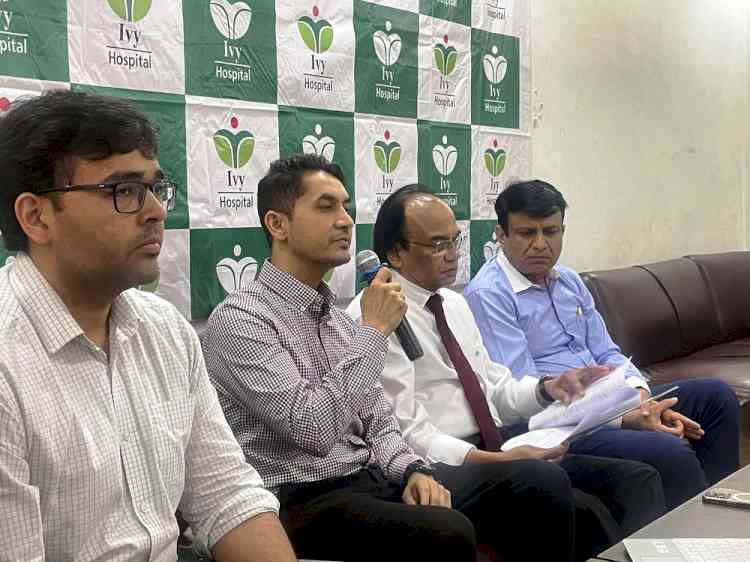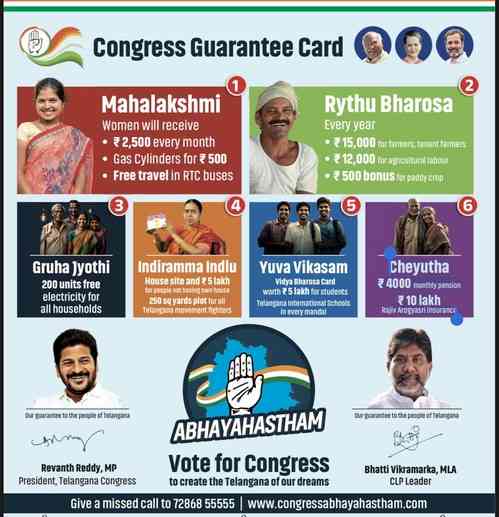EPILEPSY: Many myths and misconceptions attached to it
Author(s): City Air NewsMembers of an NGO staging a street play `Epilepsy’ at DMCH, Ludhiana on Saturday. City Air News photo: Mandeep Kumar Verma Ludhiana, November 24, 2012: Epilepsy was also known as the sacred disease because of...


Members of an NGO staging a street play `Epilepsy’ at DMCH, Ludhiana on Saturday.
City Air News photo: Mandeep Kumar Verma
Ludhiana, November 24, 2012: Epilepsy was also known as the sacred disease because of many myths and misconceptions attached to it. Today Epilepsy is eminently treatable in over 75% cases (50-60% with medications and about 15% cases with surgery). However, nearly 100% of people with epilepsy suffer from the stigma attached to epilepsy and from myths and misconceptions associated with the disorder. These myths affect all stages of life from schooling career selection, marriage and parenting.
Epilepsy is a neurological disorder (and not a mental illness) due to sudden burst of abnormal electrical discharges from the brain. There are 50 million people in the world with epilepsy (about 10 million live in India). Of these 35 million have no access to appropriate treatment. This is either because services are non-existent or because epilepsy is not viewed as a medical problem or a treatable brain disorder.
Those with epilepsy should not be called epileptics, rather they are people with epilepsy. If someone has epilepsy, then we should make every effort to make epilepsy part of their life, not their whole life.
Myth: Epilepsy is because of possession by evil spirit and hence sorcery is the treatment.
Fact: Epilepsy is a neurological disorder and there are drugs to treat.
Myth: Epilepsy is contagious so one should not come in contact with a person with epilepsy.
Fact: Certainly not contagious.
Myth: People with epilepsy should not marry as the disorder is hereditary.
Fact: Epilepsy is hereditary in only 3% of the cases
Myth: Women with epilepsy cannot bear normal children.
Fact: Women with epilepsy can have children; they only need proper care, treatment and investigations during pregnancy.
Myth: Epilepsy kills.
Fact: The risk of death is very minimal in controlled epilepsy; however if epilepsy is not controlled, there is a 1% risk of death per year.
Treatment
The majority of the forms of epilepsy are treatable with drugs. Modern drugs are safe and with minimal side effects.
Surgery
Some forms of epilepsy can be completely cured by surgery eg. If there is a known abnormality in the brain responsible for epilepsy, removal of such lesion can completely cure epilepsy. In certain other types of surgery frequency of seizures could be significantly reduced if not completely stopped. Patients, who continue to get epileptic seizure despite regular use of two AEDs, need to be evaluated for surgical method of treatment. Surgical treatment requires elaborate evaluation by a trained team of experts in this area.
Ketogenic Diet
This is a special diet, which has high fat content with very low protein content. Ketogenic diet as per the prescribed way is useful in controlling seizures specially childhood epilepsy such as Lennox Gastuat Syndrome or some form difficult childhood epilepsy syndrome. This needs to be used in consultation with treating neurologist and a dietician.
Facilities available at Dayanand Medical College
Dayanand Medical College has all comprehensive treatment facilities for people with epilepsy. For over 10 years, there is a specialised epilepsy clinic conducted every Tuesday. Epilepsy surgery is done regularly. Facilities for Ketogenic diet are avialable. There is a comprehensive epilepsy team comprising of a surgeon (Dr. Ashwani Chowdhury), Neuroradiologist, neurophysiologist (Arun Gupta), an epilepsy specialist nurse (Sister Ranjit), Dietician (Ritu Sudhkar), paediatric neurologist (Dr. Goraya). It is the only centre in North India with such comprehensive facilities including EEG telemetry, SPECT etc.
Epilepsy Care Team at DMCH, Ludhiana, included Dr. Gagandeep Singh (Neurologist – Prof. and Head), Dr Ashwani Chowdhury (Chief Neurosurgeon; Professor of Neurosurgery), Dr. J.S. Goraya (Paediatric Neurologist), Ritu Sudhakar (Chief Dietecian & In Charge Ketogenic Diet program, DMCH) and Arun Gupta (Technical Supervisor; Epilepsy Monitoring Unit)
The whole information was given by Dr. Gagandeep Singh, Neurologist – Prof. and Head, DMCH, Ludhiana at a press conference today.
On the occasion, an NGO staged a street play `Epilepsy’.

 cityairnews
cityairnews 
















